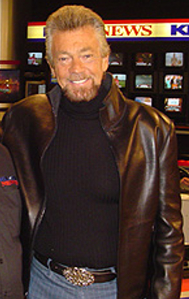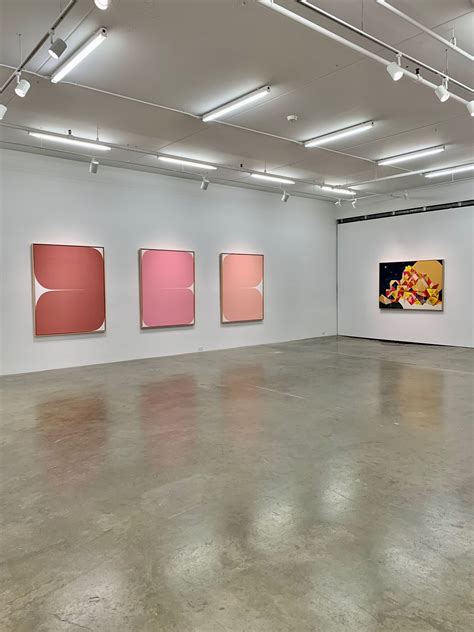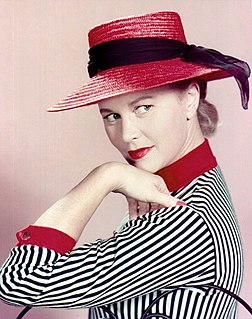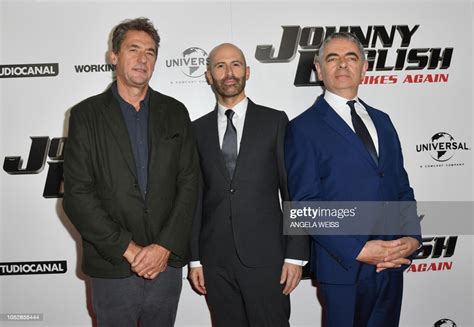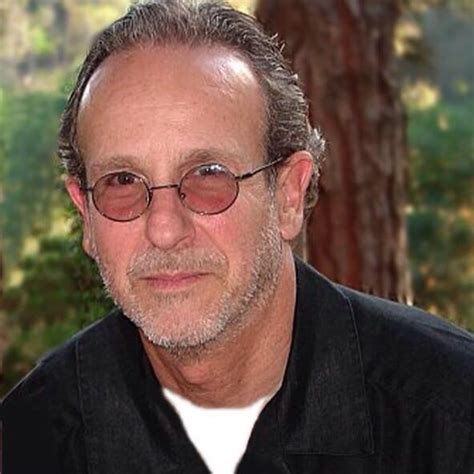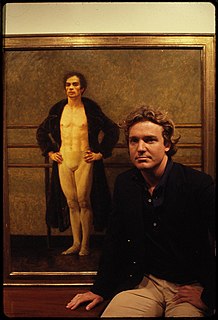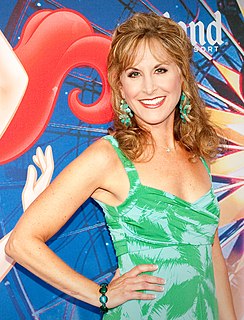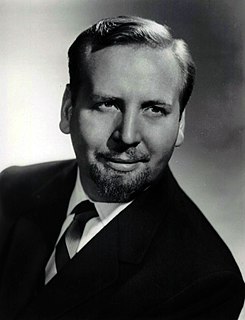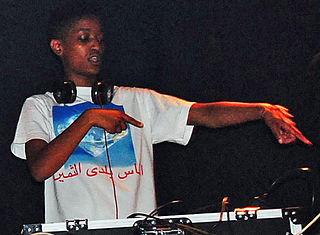A Quote by YG
Related Quotes
The Academy just reflects Hollywood. And until we break those barriers, until we have African-American or minority studio executives, 'til we have people who are greenlighting movies with African-American actors - the Academy is not going to change until Hollywood changes, so we have to start with Hollywood.
[A]t the beginning of November 2001, there was a series of meetings between White House advisers and senior Hollywood executives with the aim of co-ordinating the war effort and establishing how Hollywood could help in the "war against terrorism" by getting the right ideological message across not only to Americans, but also to the Hollywood public around the globe the ultimate empirical proof that Hollywood does in fact function as an "ideological state apparatus.
I didn't go Hollywood on the outside with flashy cars, upstairs maids and mink covered bathroom fixtures. I went Hollywood on the inside and that's worst of all. I tried to avoid being natural. I lowered my voice. I copied the mannerisms of other stars. I struck poses. I received bad advice - from dramatic coaches, from agents, and from studio executives. I stopped being a human being. I blame myself and I blame Hollywood's star system.
There's a trend in Hollywood at the moment where studio executives are coming from more of a marketing background, and that is challenging. I think one of the problems of marketing executives is that they don't understand how films get made and they're a bit nervous. And that is not the most efficient way to be a studio executive.


